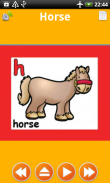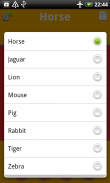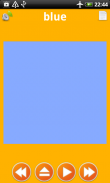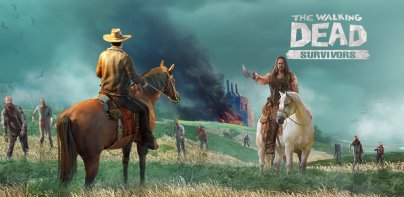










Baby Learning Games

Description de Baby Learning Games
Les meilleurs jeux éducatifs du marché !
Cartes flash de fruits et légumes pour les tout-petits.
Couleurs pour les photos de bébés.
Formes pour les enfants (jeu d'apprentissage).
Apprenez à vos bébés avec plaisir. Vos enfants apprendront l'alphabet, les chiffres, les animaux, les fruits, les couleurs, les formes, les jours de la semaine, les mois de l'année et bien plus encore.
Notre jeu éducatif montre aux enfants les lettres de l'alphabet et leur apprend à reconnaître les lettres telles qu'elles apparaissent. En conséquence, les enfants d'âge préscolaire apprennent les sons des lettres beaucoup plus rapidement.
Caractéristiques de notre application "flashcards for kids": jeux éducatifs pour la maternelle, flashcards abc pour les enfants, applications éducatives pour les tout-petits, sons de lettres, jeux éducatifs pour les adolescents, couleurs pour les tout-petits, application gratuite.
Excellentes applications pour enseignants et jeux de mathématiques pour les enfants.
Les jeux éducatifs sont des jeux explicitement conçus à des fins éducatives, ou qui ont une valeur éducative accessoire ou secondaire. Tous les types de jeux peuvent être utilisés dans un environnement éducatif.

























